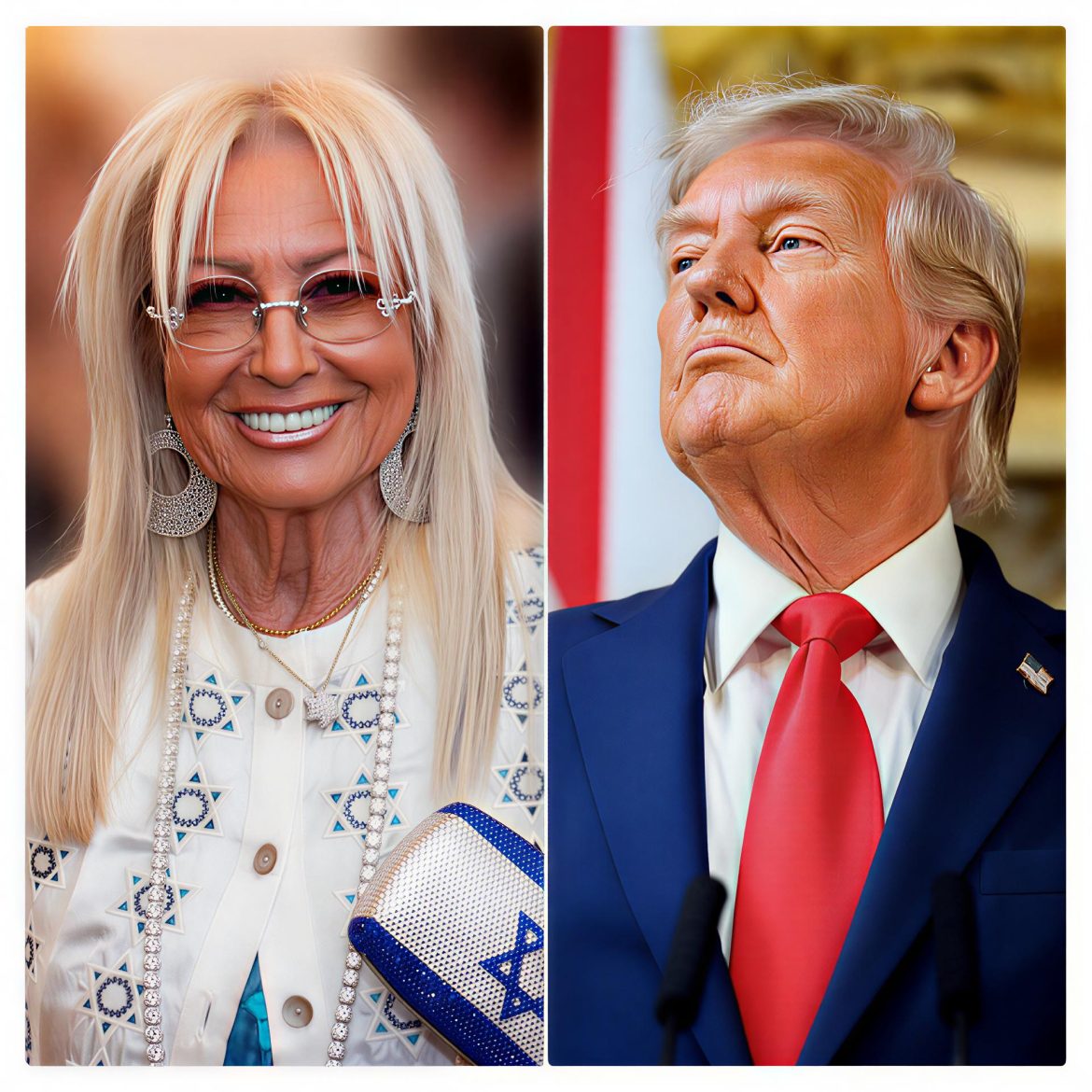In a recent address to Israel’s parliament, former U.S. President Donald Trump publicly praised Israeli-American philanthropist and mega-donor Miriam Adelson—known as the “Lady of the Lobby”—revealing just how central her role has become in shaping U.S. policy toward Israel.
A Doctor Turned Power Player
Miriam Adelson was born in Tel Aviv in 1945, to Jewish-Polish immigrant parents. She trained as a medical doctor specialising in addiction treatment, studying at Tel Aviv University and later working on substance-abuse research. Her background in medicine may seem far removed from casino business and political donations, yet it provided the starting point for a very different journey.
In 1991, she married casino magnate Sheldon Adelson, founder of Las Vegas Sands. After his death in 2021, she inherited control of his gambling empire and became one of the wealthiest individuals associated with Israel and U.S. conservative politics.
The “Lady of the Lobby” and Her Influence
Miriam Adelson’s influence stems not only from her vast wealth but also from her media holdings (including the Israeli newspaper Israel Hayom) and deep connections to both U.S. political networks and pro-Israel advocacy. In the speech to the Knesset (Israel’s parliament), Trump singled her out by name, acknowledging how often she and her late husband had visited the White House and “shaped decisions” on U.S. policy for Israel—such as recognition of Jerusalem, relocation of the U.S. embassy, and policy toward the Golan Heights.
That public acknowledgment is highly unusual—for a former president to name a donor and concede that she helped shape policy—raising questions about the boundaries between private influence and public office.
Conditional Support and Geopolitical Stakes
One of the most talked-about aspects of her engagement is that her financial contributions to U.S. political campaigns appear to have been tied to explicit policy goals regarding Israel. Reports suggest she and the Adelson family made large donations under the condition that Israel’s West Bank be annexed and that the U.S. move its embassy to Jerusalem.
For example, in the 2016 cycle, the family donated millions to Trump’s campaign and reportedly pressed for these objectives to be implemented. Trump’s 2017 recognition of Jerusalem as Israel’s capital and the 2019 U.S. recognition of Israeli sovereignty over the Golan Heights aligned with these priorities. The fact that such major geopolitical decisions coincided with high-level donor influence stirs debate: what does it mean for democratic accountability when privately-funded individuals tie their support to national foreign-policy decisions?
A Major Donor in U.S. Politics
Miriam Adelson has been among the largest individual donors to the U.S. Republican Party in recent years. Her backing of Trump and other conservative candidates runs into hundreds of millions of dollars. Her wealth—derived in large part from the Las Vegas Sands empire—is estimated by sources such as Bloomberg and Forbes at tens of billions of dollars.
Given this financial muscle combined with her political aims, her case serves as a lightning-rod for discussion about the role of mega-donors in modern politics, particularly when foreign-policy interests are involved.
From: Fars


